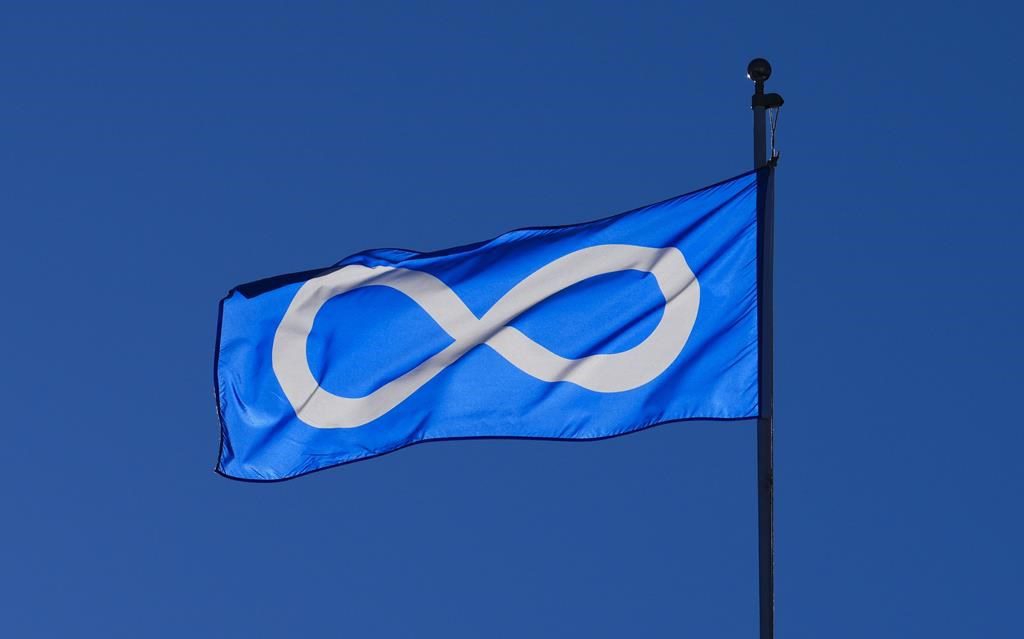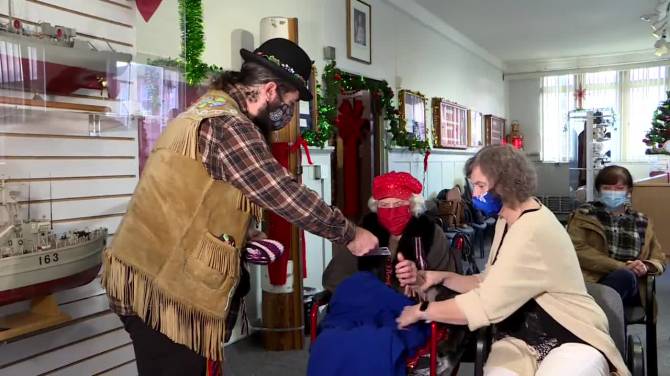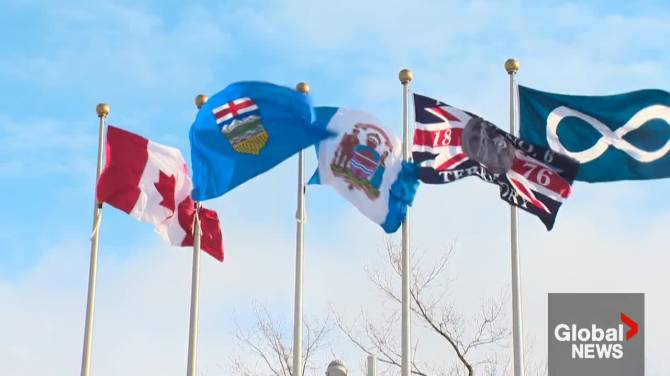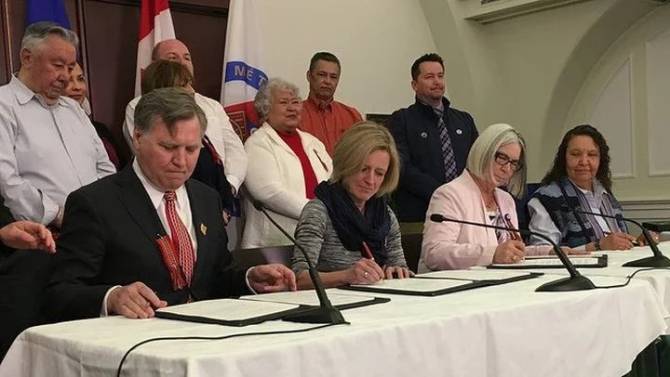Ottawa has to make alterations to a self-government deal it made with the Metis Nation of Alberta, according to a ruling from a Federal Court.
The court ruling, which came out on Thursday, states that the agreement's scope is too wide in defining the people it applies to, and it was created without consulting two other Métis groups in the province.
Judge Sebastien Grammond wrote, "The only practical solution is to cancel the problematic parts of the agreement and send the issue back to the minister for reconsideration."
One of the agreements was signed by Métis groups in Alberta, Saskatchewan, and Manitoba in February 2023. The agreement acknowledged them as Indigenous governments, placed them on an equal footing with First Nations, and opened the way for further discussions, including compensation for lost land.
The agreement granted the groups authority over who qualifies as a Métis citizen, how leaders are chosen, and government operations. It also subjected them to federal laws that give Indigenous governments control over family and child welfare.
Two independent Alberta Métis groups raised concerns that the agreement placed them under the authority of the Métis Nation of Alberta without consulting them.
They argued that it granted the Métis Nation of Alberta exclusive powers to assert Métis rights in the province, which they had not consented to.
The Fort McKay Métis Nation and the Métis Settlements General Council, which own the only Métis land bases in the province, wanted the court to invalidate the entire agreement.
Although Grammond supported their complaint, he ruled that invalidating the broad sections of the agreement and requiring Ottawa to negotiate with the two dissenting groups was sufficient.
Jason Madden, the lawyer for the Métis Nation of Alberta, said, "The agreement still stands."
He noted, "The provisions were too broad and gave exclusive representation powers to the Métis Nation of Alberta. The court has provided clear guidance on addressing these problematic provisions."
Jeff Langlois, the lawyer for Fort McKay, stated that the decision allows his client to pursue its own path to self-government without being under the authority of the Métis Nation of Alberta.
"For our community, there is a different way forward, and we want to ensure that Canada has flexibility," he said.
He mentioned that his client intends to seek some form of self-government in the negotiations that the court has directed Ottawa to commence.
"That is certainly the goal for my client," he said.
Andrea Sandmaier, the president of the Métis Nation of Alberta, mentioned that the group is reviewing the decision.
She said in a statement, "Our over 65,000 citizens and our communities will continue to progress with our long-standing pursuit of self-government, which we have been working on for over 200 years."
“Today’s decisions only strengthen our resolve to fully implement our nation-to-nation, government-to-government relationship with Canada.”






